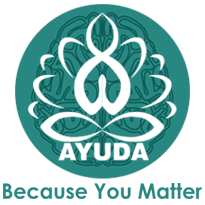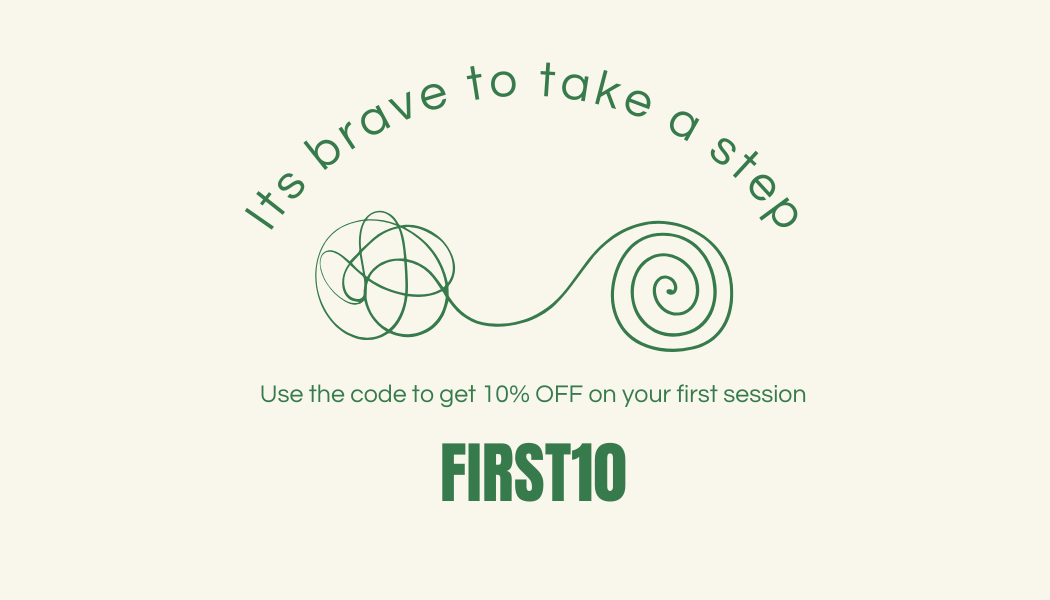Human beings are made up of different characteristics, some that help them move ahead and be productive while others that pull them down and hamper growth. The magnitude of these characteristics might differ from human to human but everyone possesses them and that’s what makes us unique. For instance, expressing our emotions keeps us connected to our real self while suppressing the emotions can cause an internal distress. It is important, therefore, to have an acceptance towards these unique characteristics that serve different purposes. This starts early in life, when as children our parents show unconditional acceptance and love which develops our confidence and makes us feel secure.
Humanistic Psychologist, Carl Roger explains this concept as – ‘Unconditional Positive Regard’. It is the ability of an individual to show support and love towards people irrespective of what they say or do. In other words, to accept the person for both, the “good” and the “bad” in them.
In the initial years of our life, things seem easy wherein our parents take care of us, play with us and teach us new things. Even if children do make mistakes, parents correct the behavior with compassion and understanding. This forms a healthy environment to make mistakes and not feel judged for them. But what changes as we grow up, is the societal expectation to fit into a framework. Therefore, in order to do so, the “shoulds” are imposed on us that force us to behave in a manner that is expected by the society. For instance, “you should study hard to get good marks”, “you should not cry” and so on. Little by little these “should” form a force on us that makes us lose our uniqueness and individuality. These conditions create an unhealthy environment wherein the person is respected only if they follow the “should”. Repetitions of these patterns make them stronger until it becomes a way of responding to the new situations.
If unconditional positive regard is not developed within self and others, it can make the person question their capability, have self-doubts in taking decisions, make them seek approval externally, feel judged, feel under confident. These factors also play an important role in forming the concept of who we are. Self- image is how we perceive ourselves. More the presence of conditions for acceptance greater is the distance between the ideal self (a desired image) and actual self (authentic image). In simple words, the more the conditions put for approval more is the distress felt within. This distress makes us behave differently than our usual self, leading to problems like addiction, gambling, over eating and mental health issues.
According to Rogers, these problematic behaviors are to be treated with compassion and understanding to instill hope instead of using punishments or judgement that elicits defensiveness. Rogers believes that people are innately good and the loss of uniqueness is because of the unsupportive and hurtful environment around. Humans have the potential in them to help themselves overcome problems, what is required is a healthy environment where they can recognize their potential and grow. Many people either do not know how to show Unconditional Positive regard or have a misconception about it. Showing support, no matter what, does not mean showing unconditional acceptance towards an unhealthy behavior. For instance, a teenager gets addicted to video games to the extent it deteriorates his/her/their health, is shown compassion and understanding for experiencing addiction but that does not mean the behavior of playing excessive video games is acceptable. If a safe space is provided to make mistakes, it creates a sense of self exploration which gives rise to change.
“When people feel safe, honesty follows. And being honest with ourselves and others is crucial for change”- Carl Rogers.
Having looked at what does not define unconditional positive regard, it’s also important to know what defines unconditional positive regard and how we can make it an integrated part of our lives. According to research done by Lauren K McHenry in 2018, athletes were motivated to play sports when they received unconditional positive regard from their coaches. In addition, they also took on new challenges and faced adversity with confidence. On the other hand, athletes who did not receive unconditional positive regard were more likely to burnout in adversity, less motivated and less confident. Therefore, unconditional positive regard creates an environment to foster growth and reach our full potential. Different ways to show unconditional positive regard and support are:
- Accepting mistakes as part of human life and giving space to make them
- Forgiving ourselves and others for making mistakes
- Accepting the person as they are. Freeing ourselves from judging others.
- Recognizing the uniqueness of each human being.
- Showing empathy – putting ourselves in others’ shoes
- Expressing love free of conditions
- Freeing ourselves from the use of words “should”, “must” and “ought”.
- Respecting the other person
Although these methods will help us to show unconditional positive regard towards ourselves and others, integrating new behaviors or re-starting does not happen overnight. It does require time. To begin with we can “fill our own cup” first and then help others to do the same. These actions can be a last hope for someone to believe, to be loved, to feel understood and accepted. Therefore, one step towards unconditional positive regard can provide them with the healthy environment to grow and recognize their potential.
References
Eyal, N. (2022, June 7). The Surprising Benefits of Unconditional Positive Regard. Nir and Far
McHenry, L.K. (2018). A Qualitative Exploration of Unconditional Positive Regard and its Opposite Constructs in Coach-Athlete Relationships.
Therapy, H. (2022, March 24). Unconditional Positive Regard -What It Is and Why You Need It. Harley TherapyTM Blog.
Why Therapists Use Unconditional Positive Regard With Their Patients. (2020, May 10). Verywell Mind.






